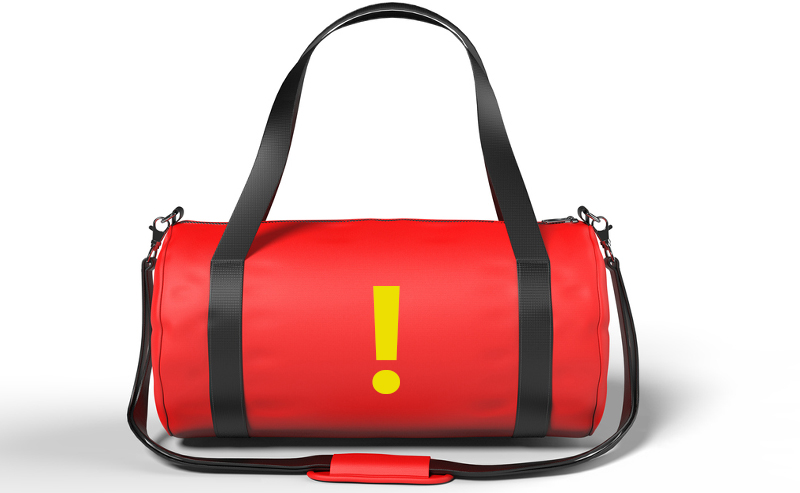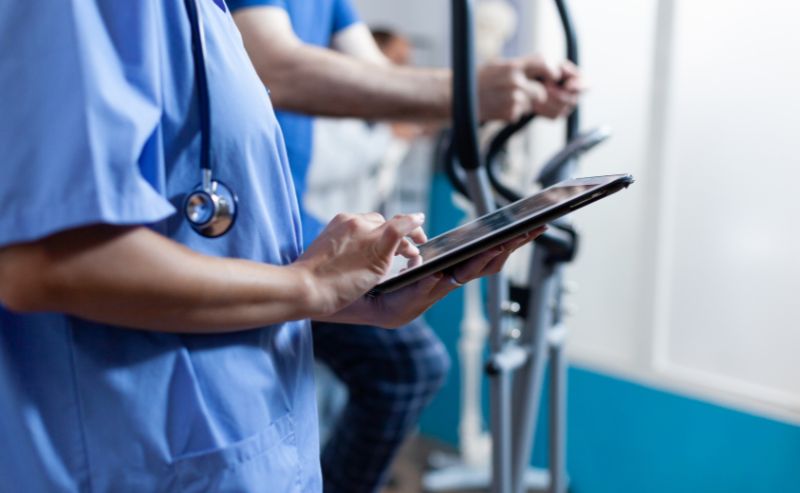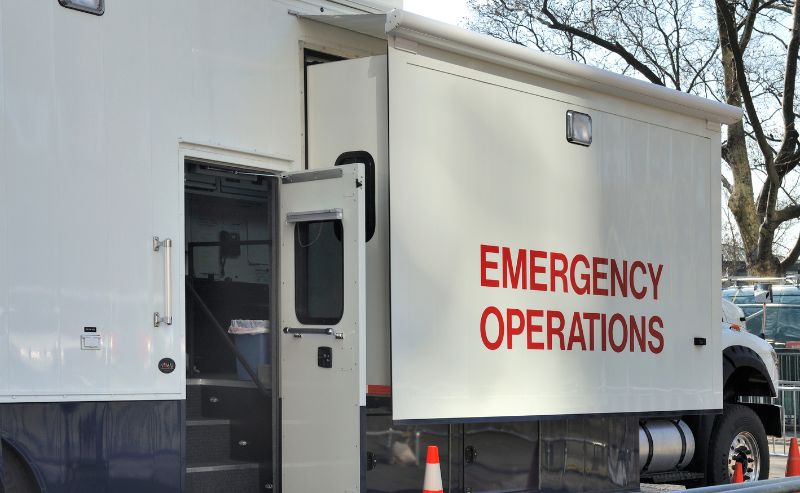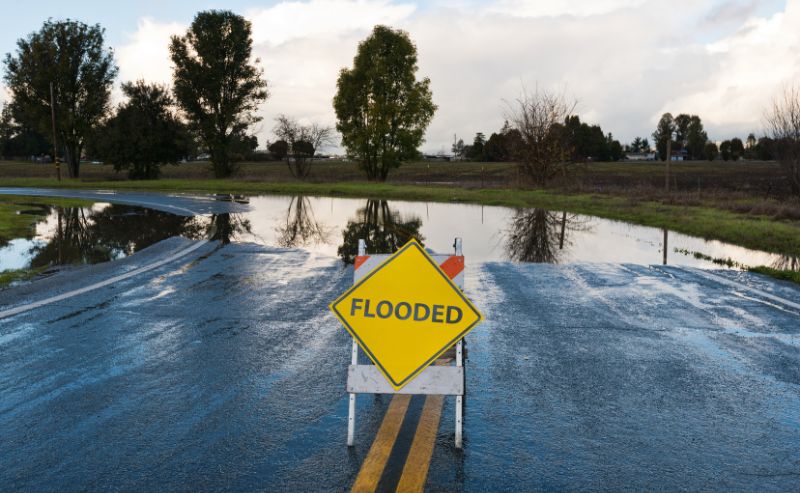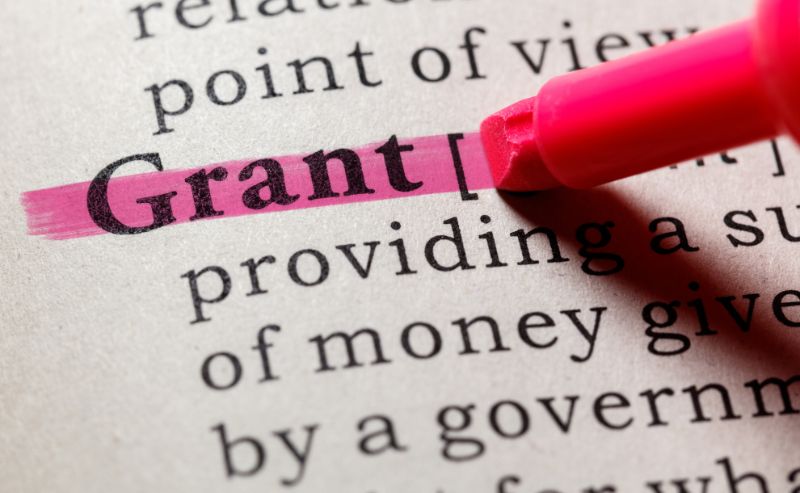September, as our nation’s emergency management community knows, is National Preparedness Month. Week One of the annual Ready.gov campaign, September 1 through 5, centered around the message, “Make a Plan.” (This is obviously a topic that is very near and dear to the hearts of the BOLDplanning team, as it has helped hundreds of public and private sector organizations nationwide to develop over 10,000 emergency, continuity, and mitigation plans.) Now, it’s Week Two of National Preparedness Month, September 7 through 11, and the focus is “Build a Kit.”
A kit, which contains essential supplies, can be a real life-saver, literally, in an emergency. This is especially true for events lasting several hours or worse, days. Consider, as examples, dangerous tornadoes, and hurricanes. Both have the power to take down power lines and block roadways, leaving people not only in the dark but also isolated until help can arrive.
In the workplace, a kit (often referred to as a “drive-away,” grab-and-go,” or “relocation” kit), is a collection of essential items, pre-packed by an organization and stored on-site or in an alternate facility, that will be used to establish recovery operations in the first few days following a disruption. Simply put, it contains everything needed for an organization to perform its most critical operations in the short term.
Items stored in these workplace kits often include, but are certainly not limited to:
- Laptop computers, cell phones, and other electronic resources
- Office supplies, including checks and cash
- A flashlight or other portable lighting
- Digital copies of files, plans, and manuals
- An accurate list of employee (and emergency) phone numbers
- Instructions for activating an alternate facility, e.g., building access codes
So, ask yourself. If you had only five minutes to safely walk through your facility and collect essential items (knowing you have to relocate operations for a week or two), what would you gather?
Regardless of your answer, just “Build a Kit” as recommended by FEMA and its Ready.gov campaign this second week of National Preparedness Month. Just as important, keep it current and accessible at all times.
As a helpful reminder, BOLDplanning suggests discussing your organization’s emergency/continuity strategy, including its relocation kit, at every opportunity. Consider regularly scheduled department/staff meetings as platforms to further awareness and improve preparedness.

